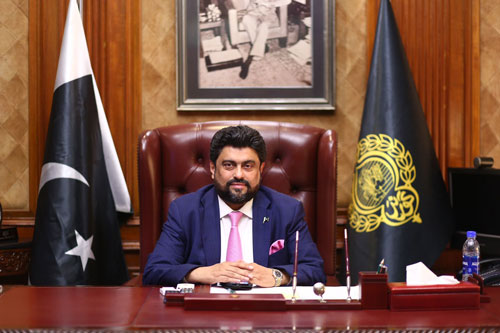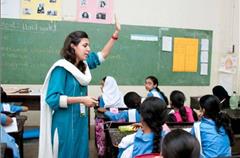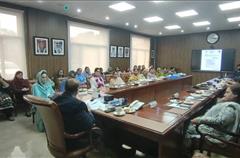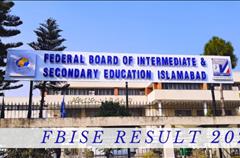The Sindh government has officially launched the second phase of its flagship People's IT Programme (PITP), signaling a significant stride towards empowering the province's youth with critical digital skills. This ambitious initiative, backed by a substantial budget allocation of Rs 1.4 billion, aims to equip young individuals with the modern expertise required to excel in today’s rapidly evolving, technology-driven global economy.
Provincial Information Minister Sharjeel Inam Memon, in his announcement, highlighted the program's growing significance, describing it as a "flagship digital training model" for the province. The core objective of the PITP is to seamlessly integrate Sindh's young demographic into the global digital economy, fostering a generation capable of contributing to and benefiting from technological advancements.
Building on First Phase Success
The launch of Phase II comes on the heels of a highly successful first phase, which saw 13,565 students receive training in various advanced IT fields. This initial phase not only provided essential skills but also recognized and rewarded excellence. A notable 300 of the top-performing students were presented with laptops and Google Chromebooks, acknowledging their dedication and achievements within the program. This demonstrates the government's commitment to tangible incentives for educational excellence.
The success of the first phase has laid a robust foundation for the expanded vision of Phase II, which aims to amplify its impact and reach a significantly larger number of beneficiaries.
Expanding Digital Horizons: Targets and Technologies
The second phase of the People’s IT Programme is set to train an impressive 35,000 students. This substantial increase in student intake underscores the provincial government's dedication to widespread digital literacy and skill development across Sindh.
A key feature of Phase II is its focus on 12 high-demand digital technologies. This targeted approach ensures that the training provided is highly relevant to current industry needs and future job markets. By concentrating on in-demand skills, the program seeks to create a highly competitive and skilled workforce, directly supporting Sindh’s broader digital transformation agenda. The specific technologies covered are designed to bridge existing skills gaps and prepare students for immediate employability in the booming IT sector.

A Record Investment in Higher Education
Minister Memon emphasized that the government's record investment in higher education is a clear testament to its unwavering determination to provide young people with state-of-the-art skills. This strategic allocation of resources is aimed at preparing them for robust professional success in a highly competitive global landscape. The emphasis on higher education, coupled with specialized IT training, highlights a holistic approach to youth empowerment.
The Provincial Information Minister further articulated that these educational reforms are a "vital step" towards shaping a brighter future for the youth of Sindh. By investing in human capital, the government aims to not only enhance individual prospects but also to drive significant socio-economic growth across the entire province. This vision extends beyond mere training, seeking to cultivate a digitally literate society that can contribute meaningfully to the provincial and national economy.
Bridging the Skills Gap: Human Capital Development
In a broader strategic move to address the existing skills gap and meet the surging industry demand for trained professionals, the Sindh government, through its Information Science and Technology Department, has initiated a comprehensive series of Human Capital Development Programmes. The People's IT Programme is a cornerstone of this larger framework.
One particularly notable initiative within these programmes is a specialized training scheme designed to cater to non-ICT graduates or undergraduates. This scheme is tailored for individuals who possess basic knowledge of computers or programming but may lack advanced, specialized IT skills. The training is delivered by a collaborative team of experienced ICT faculty and seasoned industry experts, ensuring that the curriculum is both academically sound and practically relevant to industry requirements.
The program's focus extends beyond technical skills, also incorporating essential soft skills. This integrated approach recognizes that success in the modern professional environment requires not only technical proficiency but also strong communication, problem-solving, and teamwork abilities. By enhancing both the quality and quantity of human resources available to Pakistan’s burgeoning IT sector, these initiatives are poised to play a crucial role in the nation's economic development and digital future. The government's multi-faceted approach aims to cultivate a resilient, adaptable, and highly skilled workforce, ready to meet the challenges and opportunities of the digital age.




.gif)


































